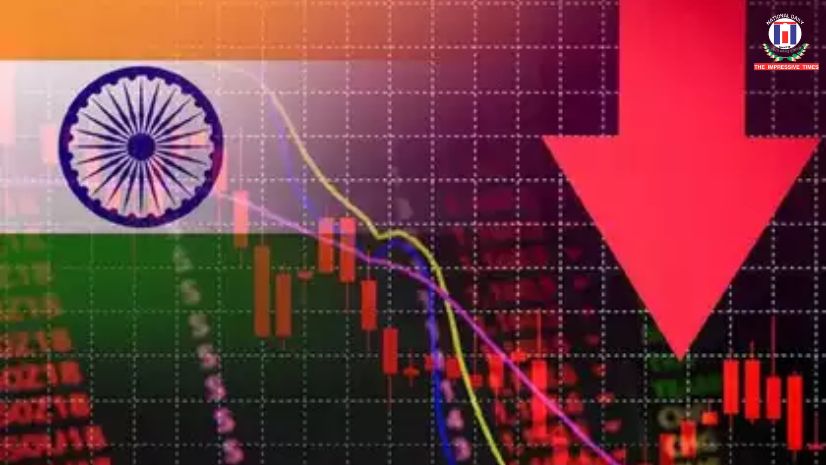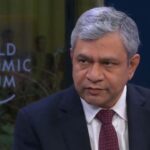
New Delhi, April 23 ,2025 : The International Monetary Fund (IMF) has revised India’s economic growth projection for the year 2025, lowering it from 6.5% to 6.2%. The downgrade is attributed primarily to heightened global trade uncertainties and rising tariffs imposed by the United States.
In its latest World Economic Outlook report released this week, the IMF highlighted that while India remains one of the fastest-growing major economies in the world, external headwinds are beginning to weigh on its growth trajectory. Key concerns include tightening global financial conditions, volatile oil prices, and declining global demand — all of which have the potential to impact India’s export performance and overall economic momentum.
“India’s growth remains robust in comparison to other major economies,” said IMF Chief Economist Pierre-Olivier Gourinchas during a press briefing. “However, increasing geopolitical tensions, supply chain disruptions, and rising trade barriers—particularly from major economies like the U.S.—are contributing to a more cautious global economic environment. These factors are expected to modestly dampen India’s growth outlook.”
The IMF’s revised forecast reflects the impact of these uncertainties, suggesting that India will need to be proactive in addressing both domestic and global economic risks.
Despite the downward revision, the report acknowledged India’s strong fundamentals. Domestic consumption and private investment are expected to remain stable, supported by the government’s continued emphasis on infrastructure development and reforms. Public investments, including the Production-Linked Incentive (PLI) schemes and digital initiatives, are likely to cushion the economy against some of the external shocks.
Experts also noted that India’s resilient services sector, particularly IT and digital services, continues to play a crucial role in sustaining growth. Additionally, the country’s vibrant startup ecosystem and ongoing reforms in sectors such as logistics, manufacturing, and finance are expected to support medium- to long-term economic performance.
While the Indian government has not yet officially responded to the IMF’s latest projections, policymakers have previously emphasized that the country’s macroeconomic stability remains intact, and that targeted interventions are being made to strengthen key sectors and generate employment.
Economists believe that the revised forecast should not be seen as alarming, but rather as a call for India to remain vigilant and flexible in a fast-changing global environment. Strengthening domestic supply chains, diversifying trade partnerships, and ensuring fiscal prudence are some of the steps recommended to mitigate risks.
The Reserve Bank of India (RBI) is also expected to continue its cautious approach toward monetary policy, balancing inflation control with growth support.
In conclusion, while the IMF’s downgraded forecast signals a slight slowdown, India’s growth story remains strong and resilient. With strategic policy measures and continued investment in key areas, the country is well-positioned to maintain its status as a global growth leader.



















No Comments: